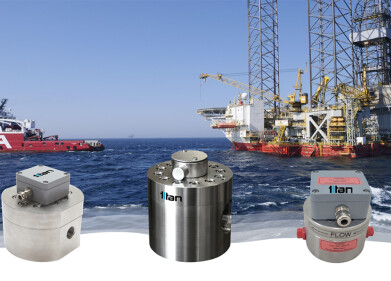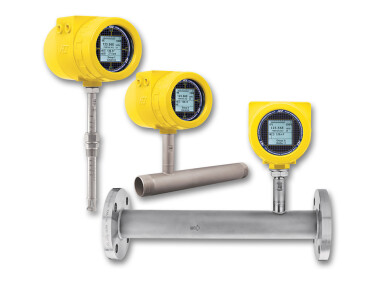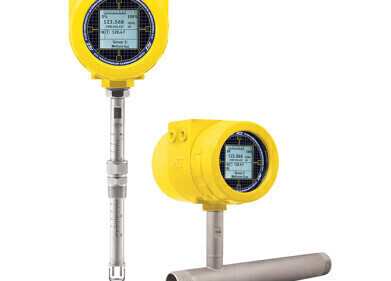Flow level pressure
What is Diesel Exhaust Fluid?
Oct 02 2019
Diesel harbours a reputation as being a notoriously dirty fuel, though thanks to new technologies, diesel vehicles could yet emerge as an eco-friendly mode of transport. The breakthrough started in 2010, when the Environmental Protection Agency (EPA) ruled that all diesel vehicles must use selective catalytic reduction (SCR) active emissions control systems.
The advanced technology uses a special catalyst to inject a liquid-reductant agent into the exhaust streams of diesel engines. This process reroutes engine exhaust gas through a particulate filter that traps soot and ash. It also converts nitrogen oxides (NO x) into diatomic nitrogen and water.
The mechanics of selective catalytic reduction technology
For SCR technology to work, drivers must occasionally top up their fuel tanks with diesel exhaust fluid (DEF), an aqueous urea solution made with 67.5% deionized water and 32.5% urea, an organic compound found in urine. When hot diesel exhaust gas meets with diesel exhaust fluid in the catalytic converter, the urea reacts with several types of metallic compounds to convert harmful nitrogen dioxide and monoxide into water and nitrogen. The result is decreased emissions without compromising efficiency.
Using DEF to clean up the heavy transport industry
Selective catalytic reduction and diesel exhaust fluid technology is especially important within the transport industry, which sees heavy duty Class 8 semi-trucks churn through huge amounts of diesel. SCR technology is also making waves within the maritime industry. In the wake of new emissions regulations introduced by the International Maritime Organisation (IMO), technologies like SCR and DEF are becoming an increasingly popular way to minimise pollution.
As part of "a pathway of CO2 emissions reduction consistent with the Paris Agreement temperature goals", the IMO is aiming to reduce total annual greenhouse gas emissions by at least 50% by 2050, compared to 2008 levels.
"SCR is a technology that exists right now and is being employed all over the world to increase fuel efficiency and reduce NOx emissions," asserts Charles Culverhouse, CEO of automotive and chemical company, Old World Industries. "DEF works and is made from commonly available ingredients that are already being produced in vast amounts for the agricultural industry. The infrastructure is already in place."
Want to know more about how the maritime industry is working to clean up its act? Focusing on the new duel-fuel engines that power large cargo and commercial vessels, 'Safety of Shipboard Diesel-LNG Dual-Fuel Engines Relies on Ventilation Flow Assurance Switch' explores how the innovative FLT93 flow switch from Fluid Components International (FCI) is helping ships make the switch from diesel fuel to clean burning LNG.
Digital Edition
PIN 26.1 Feb/Mar 2025
March 2025
Analytical Instrumentation - Elemental Analysis for Quality and Process Control at Refineries, for Lubricants and Wear Metals in Engine Oils - Synthetic Lubricants: New Developments - Scaling...
View all digital editions
Events
Mar 17 2025 Houston, TX, USA
Mar 18 2025 Beijing, China
Mar 19 2025 Manila, Philippines
Mar 20 2025 Brussels, Belgium
Mar 20 2025 Guangzhou, China






.jpg)





.jpg)






